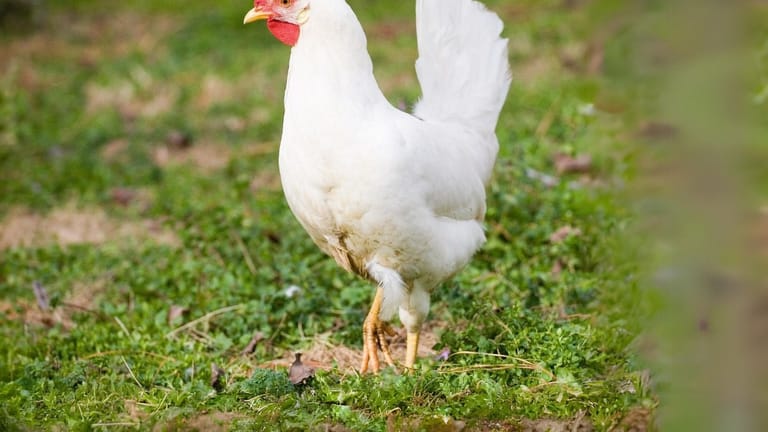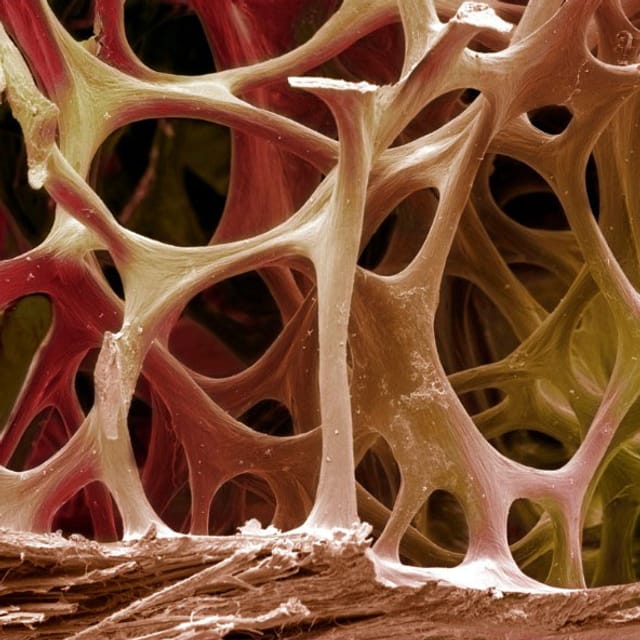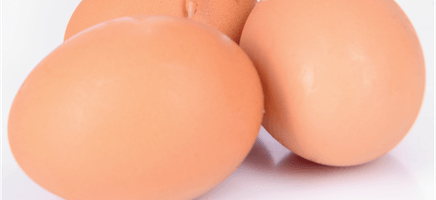
Stronger Legs and Preventing Lameness
In poultry production, the robustness of a bird’s legs plays a key role in providing critical support as the bird grows and develops muscle mass. In addition to improving skeletal health, strong legs play a critical role in minimizing the risk of lameness and related complications. In addition, chickens with strong legs exhibit improved agility, allowing them to easily navigate their environment, access food and water, and engage in more active and productive behaviors.
The global poultry industry faces widespread challenges related to various leg problems, including lameness, leg weakness, angular bone deformities, contact dermatitis, femoral head necrosis and rickets. These problems pose a significant threat to the overall health and welfare of poultry, ultimately affecting production outcomes. Leg disorders contribute significantly to the industry’s overall losses, ranging from 10% to 30%. Therefore, it is imperative to implement effective management measures to prevent and manage these leg problems. The prevalence of leg problems varies based on several factors related to the birds, and addressing them requires essential components such as calcium and vitamin D3.

The Synergy of Calcium and Vitamin D3 for Leg Health
Robust leg strength plays a key role in poultry production, underscoring the importance of calcium for strong skeletal development, especially in laying hens and broilers. A steady supply of calcium is essential to promote even growth, strengthen bones and improve egg shell quality. The symbiosis between calcium and vitamin D3 is essential.
Vitamin D3 not only facilitates calcium absorption, but also regulates optimal blood levels, promoting bone mineralization and overall growth. In fast-growing breeds of poultry, vitamin D3 becomes even more critical to meet increased nutritional requirements and ensure efficient nutrient utilization to promote even physical development.
Maintaining this delicate balance requires careful formulation of diets with the right proportions of calcium, phosphorus and vitamin D3, coupled with vigilant monitoring of overall health indicators. Disease can disrupt herd uniformity, affecting growth and productivity. Vaccination is proving to be a critical element in maintaining uniformity, complemented by vitamin D3’s role in strengthening immune pathways, thereby enhancing vaccine efficacy.
In summary, the foundation for strong bones rests on a comprehensive approach to essential nutrients - calcium, phosphorus and vitamin D3. Through sophisticated nutritional strategies and effective vaccination programs, poultry farmers can ensure not only healthier birds and improved production outcomes, but also increased profitability in modern poultry production.
Cal D Phos - The liquid drinking water application to meet exceptional quality and XVET’S support in question of strong bones.
Our Solution
 Cal D Phos®Legs & Eggs
Cal D Phos®Legs & Eggs